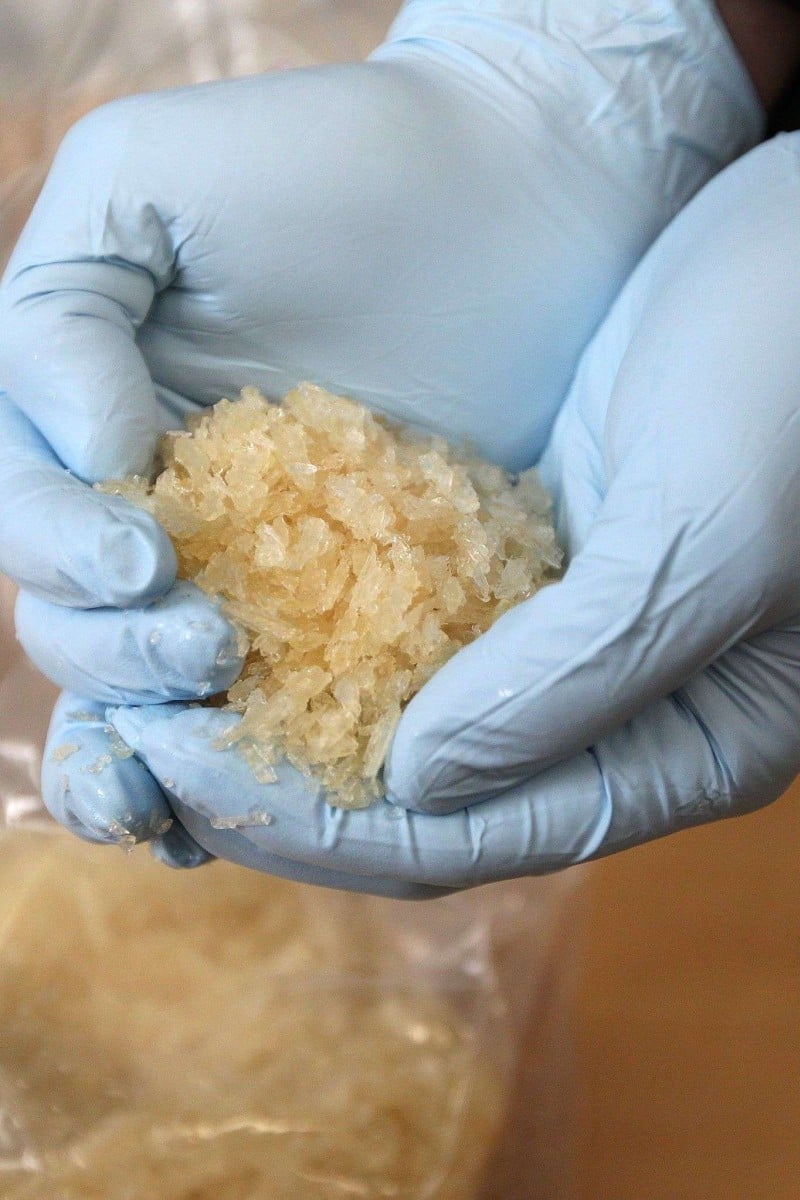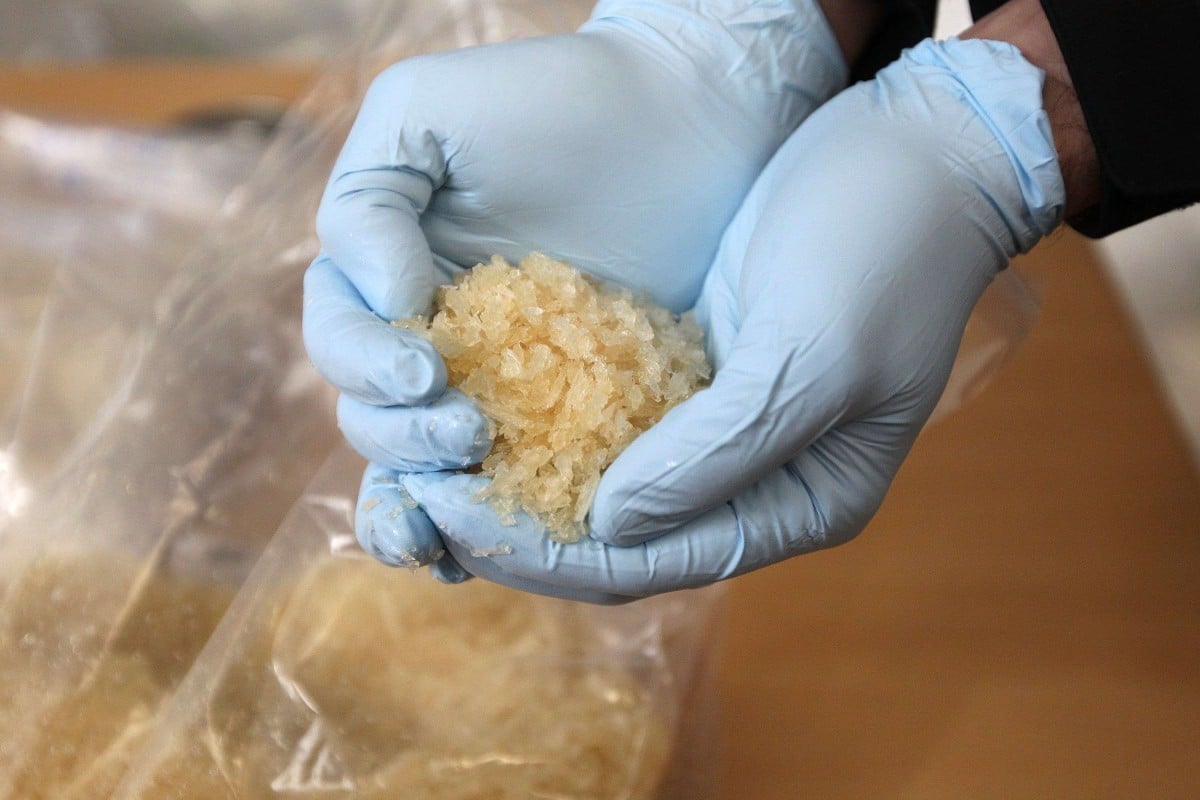
Drugs are pretty much super dangerous all around, but what you might not know is that one of the side effects of taking Ice (methamphetamine) can also be a loss of bladder control, giving you urinary problems
 Methamphetamine, better known as Ice, is a popular drug in HK.
Methamphetamine, better known as Ice, is a popular drug in HK. No, Ice is not nice. A study has shown that young people who use the drug Ice are four times more likely to get peeing problems than those who don’t.
Researchers at the Chinese University of Hong Kong said their findings showed that students taking Ice were often unable to control their pee. Ice’s official name is methamphetamine. It makes users feel they can think clearly and have lots of energy. But that feeling only lasts a short time and then they feel just the opposite.
Doctors have known for a long time that ketamine, another drug that is popular in Hong Kong, can cause peeing problems. The researchers’ leader Dr Tam Yuk-him, said some people believed that Ice could replace ketamine and be safe. But the study showed that it is not.
In the study, 11,938 students from 45 secondary schools were interviewed between 2012 and 2014.
Tam said it was the world’s first large-scale study to review how drug use affects urinary problems in young people, noting the research came after smaller scale studies in Taiwan and South Korea.
More than 300 students, or 2.7 per cent of the respondents, said they had used drugs in the past. Of the 300, 47.8 per cent stated they had urinary problems.
Those students who used both ketamine and Ice were nine times more likely to get this problem than those who had not used any drugs.
Professor Ng Chi-fai of the university’s urology division said Ice affected the muscle that keeps the pee in the bladder. Ketamine, said Tam, could lead to an inflamed bladder and permanent scarring. People who take both can damage their bladder in different ways.